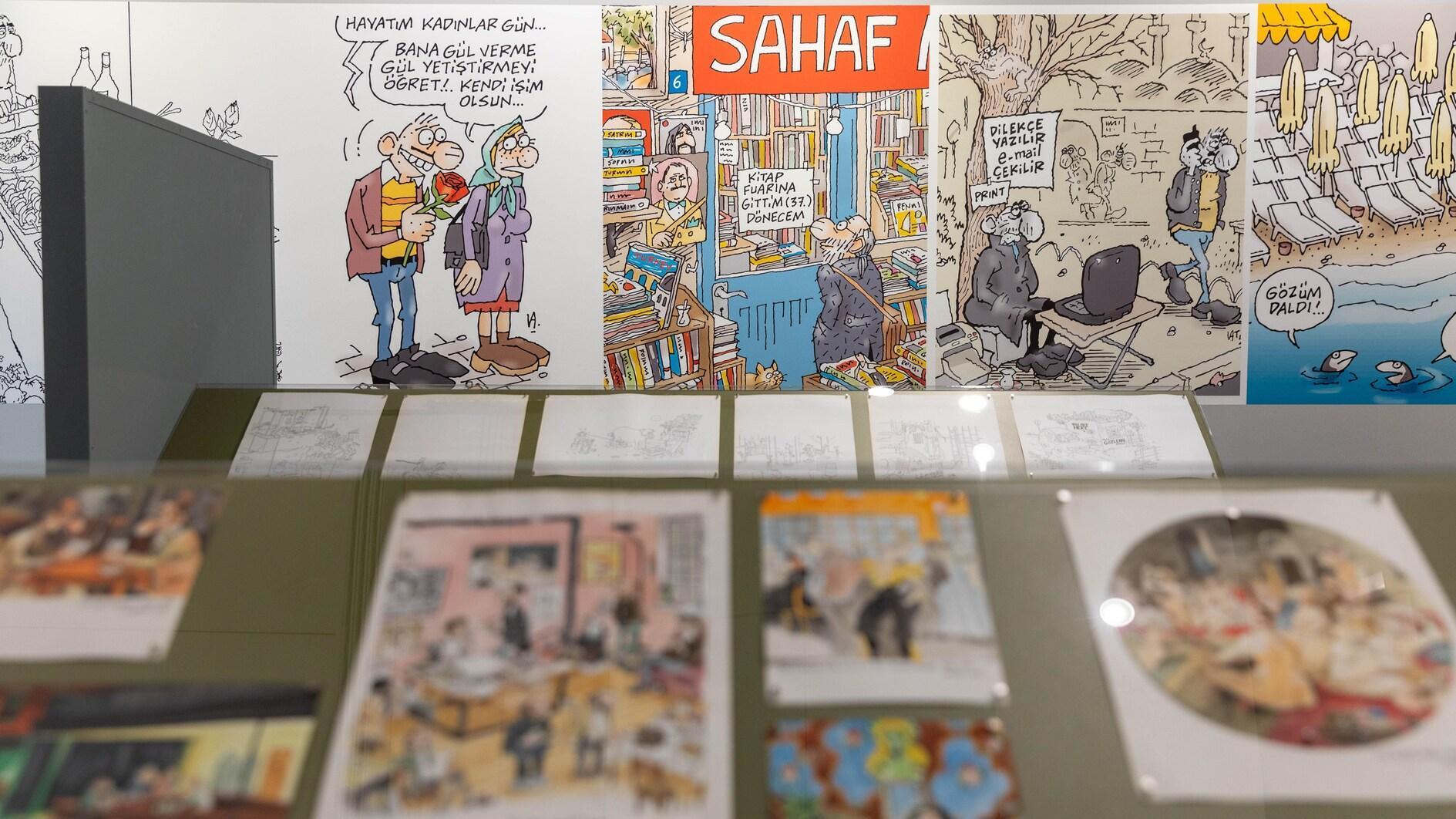What is happening around us?
Turkey has been known as the melting pot of different cultures for centuries. These days it is also being increasingly dubbed the melting point of different economies. There are investors from various countries in very different industries in Turkey. The sale of Greek shares in Eurobank Tekfen to a Kuwaiti investor shows us that Turkey is getting attention from all around the world.
The same goes for the technology and the telecommunications industry as well. There are many global players in the game from Sweden to Dubai. Therefore, if you are interested in the Turkish telecommunications industry, you have to know what is happening around Turkey as well. This week, I summarized some of the most important developments that have happened in the last few weeks that might have an impact here.
According to www.kalemjournal.com, Turkcell accused MTN of bribing Iranian and South African officials and mediating in the arms trade between both countries in order to win the award of a 2004 mobile phone operating license in Iran. Turkcell also claims that MTN lobbied South Africa to back Iran’s arms purchases. The dispute between the two operators kicked off after the Iranian government awarded a mobile operating license to MTN despite the fact that Turkcell was the winning bidder.
Turkcell is going to get major benefits if the case goes as Turkcell wishes.
Another dispute arose in the United Arab Emirates. UAE telecom operator Etisalat has initiated legal proceedings against its Indian joint venture partner for fraud after the Supreme Court canceled 122 licenses issued in 2008, including all 15 mobile permits held by the Gulf carrier’s local arm. Etisalat is the second foreign investor after Norway’s Telenor to sue its Indian partner for fraud and alleged involvement in the 2G spectrum scam. Telenor has claimed damages from its strategic partner, Unitech Wireless, for the cancelation of its India licenses and for the alleged involvement of its strategic partner in the 2G spectrum scam.
These two disputes show us that it is still very risky to do business in the developing world. That’s one of the major reasons why Turkish businesses attract so much attention as transparency is comparably high.
However, business goes as usual and we see that the free market thrives even in Iraq. Iraq’s Asiacell, an affiliate of Qatar Telecom, may list shares on the Iraqi Stock Exchange by July, the chief executive officer of the bourse said. This could mean that soon a Turkish company might also be able to invest in Iraq if Asiacell does well. Asiacell, the first mobile telecommunications company in Iraq, was established in the city of Sulaymaniyah in 1999 and it is the biggest mobile company by revenue.
Meanwhile, TeliaSonera which owns the majority shares in Turkcell, has sold its 18.6 percent stake in Smart Mobile, Cambodia, and has entered into an agreement in order to further increase its ownership in Ncell, Nepal. The transaction underlines TeliaSonera’s strategy to become a strong majority owner in core holdings such as Ncell and divest non-core minority interests such as Smart Mobile in Cambodia.
It is safe to say that Telia Sonera will try to implement this strategy in Turkey as well. Time will tell whether the move will be a success.











